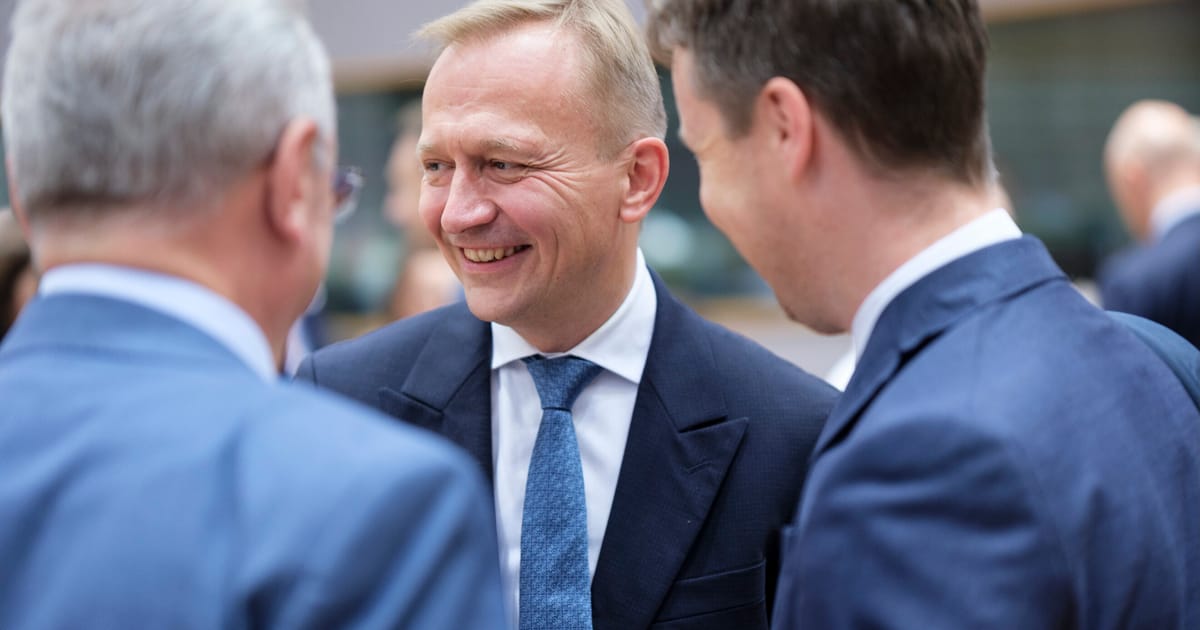

In recent developments across Europe, new budget proposals from the European Commission are having far-reaching implications, prompting varied reactions from member states and environmental advocates alike. As the proposals are debated, they bring into focus the delicate balance of national interests and environmental stewardship.
Poland stands to benefit significantly from the updated national and regional partnership plans, which encompass a range of regional, agricultural, and migration funds. The proposals, aimed at boosting infrastructure and fostering economic development, promise Poland the largest share among EU nations, underscoring the importance placed on national development within the broader EU framework. This move has drawn attention and a sense of satisfaction from Warsaw, as Poland is set to leverage these opportunities to bolster economic growth and address regional disparities.
However, the focus on industrial and infrastructural advancement has elicited concerns from environmental advocates who warn of potential negative impacts on biodiversity and natural habitats. With biodiversity restoration funds no longer ring-fenced within the EU budget, there are growing apprehensions about green resources being redirected to industrial projects, thereby sidestepping essential ecological priorities. Campaigners emphasize the urgency of maintaining a commitment to biodiversity and the circular economy to safeguard the environment from industrial encroachment and pollution.
Amidst these developments, Berlin’s reception of the budget proposals has been more reserved. The cautious stance of Germany reflects its ongoing deliberations on how best to balance economic competitiveness with environmental responsibilities. The broader European discourse on budget allocations highlights the ongoing challenges of aligning national interests with EU-wide environmental and economic goals, fostering a collaborative approach that navigates complex political landscapes.
Across the English Channel, in the United Kingdom, a different economic transition is unfolding within the housing market. July witnessed a significant decline in the average asking price for homes entering the market, marking the steepest monthly drop in over two decades. According to the property website Rightmove, new sellers’ prices have decreased notably by 1.2%, or approximately £4,531, compared to the previous month, bringing the average to £373,709. The end of temporary stamp duty discounts and recent tax policies targeting second homes have contributed to an increase in the number of homes on the market, influencing the pricing dynamics.
Although the reduced asking prices may initially seem daunting, this shift signals a more accessible market for prospective buyers, particularly first-time homeowners engaging with a broader selection of property options. Market analysts view this correction as a step toward achieving a more balanced housing market, presenting new opportunities for individuals to secure their first homes and fostering a promising future for the housing sector.
Meanwhile, in Portugal, citizens continue to navigate administrative complexities that impact everyday life. An opinion piece highlights the persistent bureaucratic challenges that can complicate vacation plans for Portuguese citizens. While there have been strides toward digitalization, systemic inefficiencies remain, urging continued efforts to enhance public service delivery, streamline processes, and ensure that digital advancements translate into tangible conveniences for the general populace.
These narratives across Europe and beyond reflect the intricate interconnections between economic policies, environmental commitments, housing market dynamics, and administrative efficiency. As policymakers seek to harmonize these elements, there remains a vigilant and hopeful outlook for ensuring sustained growth and sustainability for nature, the economy, and society.
Source: {link}
